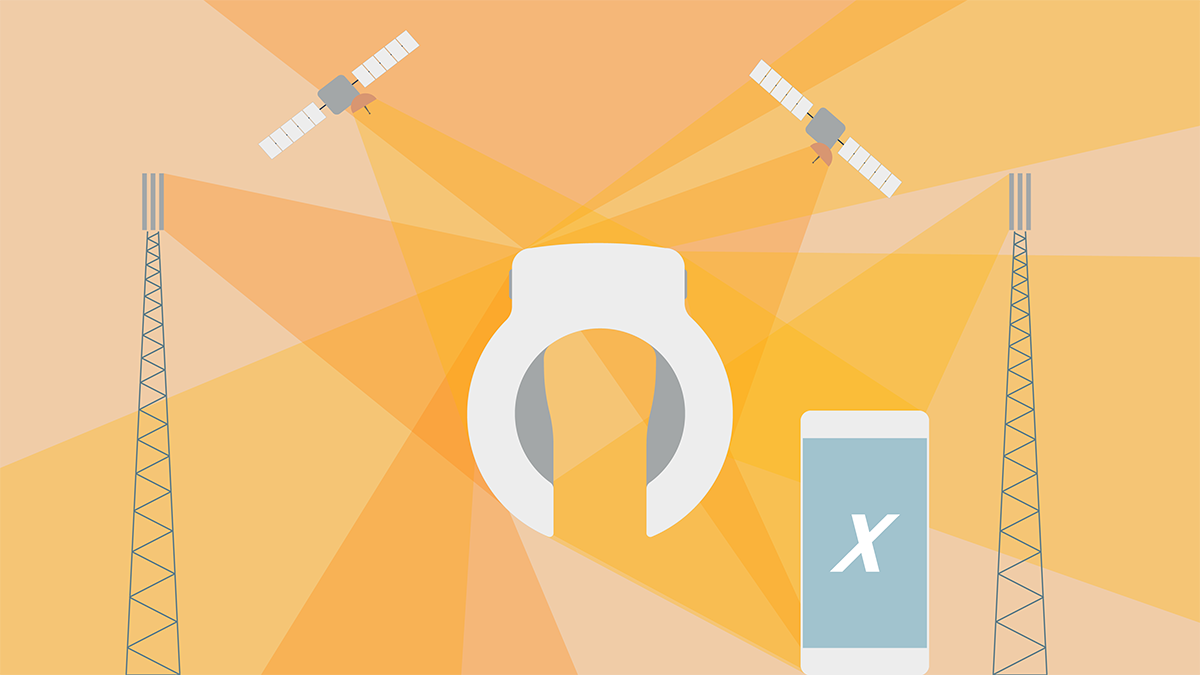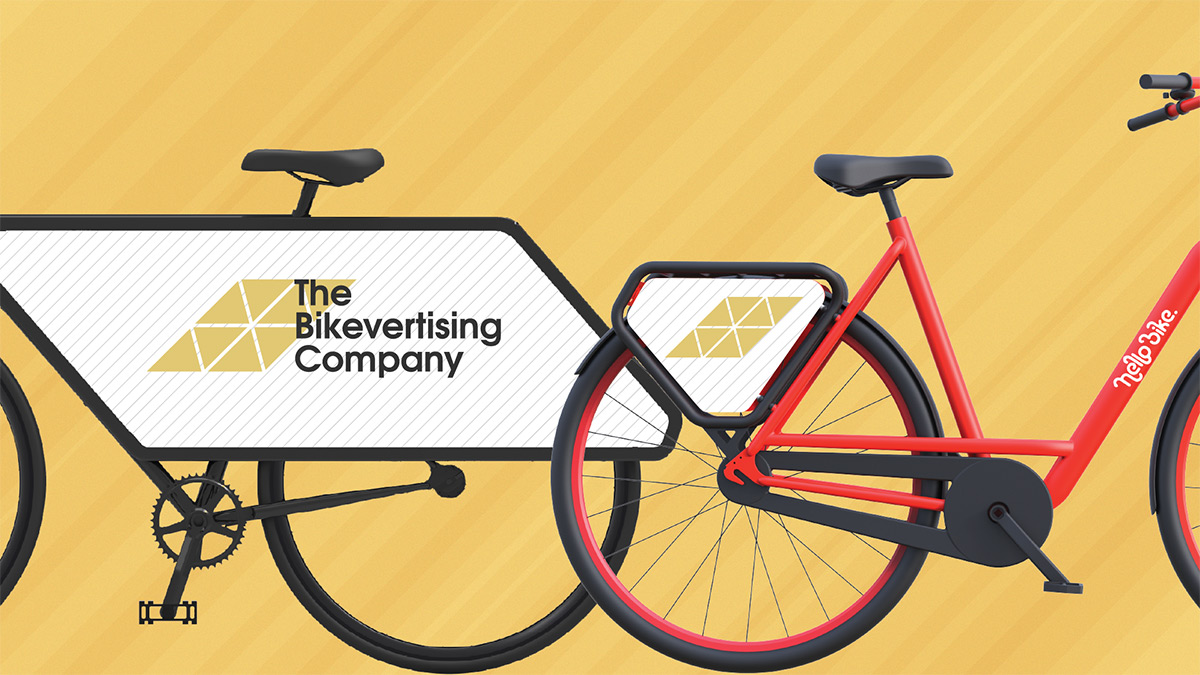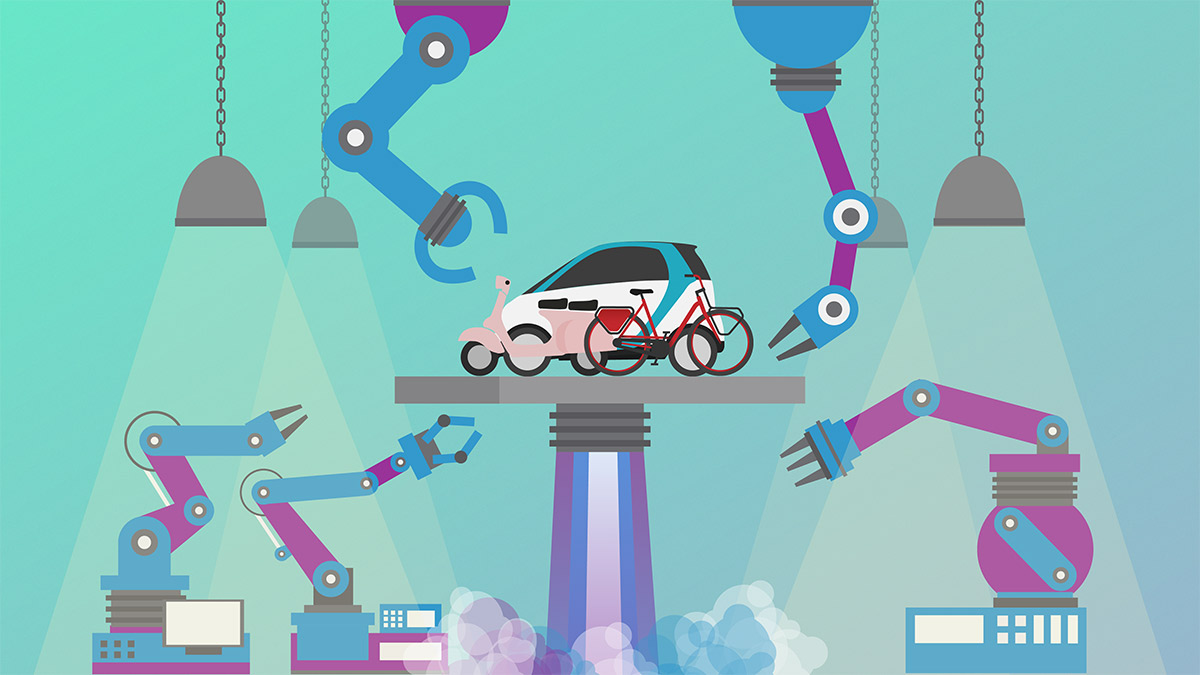The world of smart bike locks
Also available in Dutch.
The first smart bike lock was launched in October 2013 by Bitlock via a kickstarter campaign to raise funds for its manufacture. Soon after this, many other companies, new and old alike, started offering a smart lock of their own. Today it’s hard to choose the best lock for your intended use when you consider that they all basically do the same thing but the cost can vary by quite a lot. In this blog we will try to give some valuable insights into the bicycle smart lock industry as it stands.
In current literature, the word ‘smart bike’ is frequently used but often this means that only the lock is the ‘smart’ part of the system. The biggest barrier to making truly smart bikes is the need for a power supply. The lock industry must deal with the fact that most bikes do not have a readily available power supply. Therefore, most of them must use very energy efficient technology such as Bluetooth and, very soon, the NBIoT & blockchain. For e-bikes this problem doesn’t occur because of the integrated power supply and as a result, resources such as GPS and 2G are also made possible in this situation.
Apart from the smart lock revolution, bike technology improvements are presenting themselves every day. In the end it’s the bike we care about, not the lock, so the question is: why do we want smart locks? The answer here is different depending on whether you are a user or an operator. Personal smart lock users most commonly want to get rid of their keys and share their ride with friends at ease. Users of smart bikeshare fleets will have the benefits of reserving a bike, dropping at final destination, digital payment and more. For operators, connecting a bike to a network can have provide options like tracking bikes for example. The lock by itself is not capable of many things but its ability to connect to a smartphone provides a gateway to many more uses. Some lock manufacturers can provide the operator with a fleet management tool and user app. In our experience this is usually built as a one size fits all solution, which is problematic in many situations.
X-Bike is a specialist when it comes to smart lock integrations and the additional needs that come with this. We are always working with new innovators in order to improve our fleets and services. Today we are actively working with both AxA and Linka when it comes to smart locks. Keep in mind that many lock manufacturers are proud of their product and don’t usually like sharing their software. Therefore, it can be hard to integrate them into existing systems or create flexibility when needed.
In this article you can find a nice overview of the existing smart locks and other interesting bike innovations:
https://www.postscapes.com/gps-bike-tracker/
The future of smart bikes
Cycling is a fun mode of transport and it’s become increasingly popular all over the world. Luckily this increase in popularity ensures that the technology revolution remains focused on our market. The lock will always be a good reliable communication tool with the user but it is practically useless if the bike is stolen. To solve this NBIoT might be the best solution but if we can solve the power supply issue then we can use the internet to locate the missing bike. Technologies like NBIoT, IBeacon, WiFi tracking, Blockchain can all influence the future of cycling. In the end, it will always be the combination of products that creates the most realistic solution. In our blog we will keep you posted on new technologies that can change the future of cycling.
To recap the benefits of smart locks:
- No key management
- Continuous tracking of bikes
- User registration
- User payment
- Reservation module
- Flexible user settings
- Multiple bike types
- Geofence zone settings



